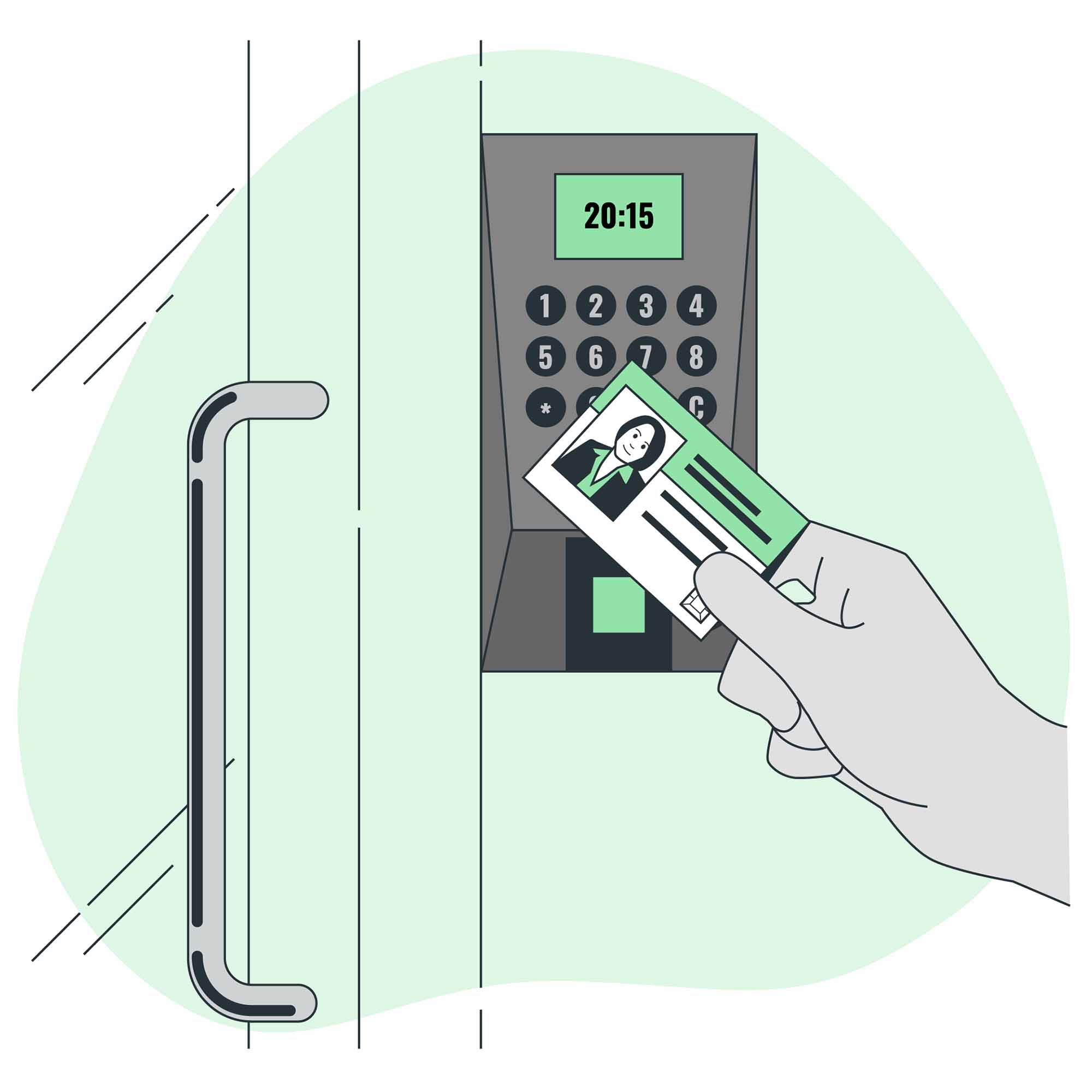In the fast-paced hospitality industry, ensuring the safety and security of guests is paramount. Modern hotels are increasingly turning to advanced technologies to enhance their security measures, and one such technology making waves is the Internet of Things (IoT). IoT connected devices through the internet, enabling them to communicate and share data. This blog explores how IoT is revolutionizing hotel security systems, providing enhanced safety, efficiency, and guest satisfaction.
What is IoT?
The Internet of Things (IoT) refers to the network of interconnected devices that communicate and exchange data over the internet. Embedded with sensors, software, and other technologies, these devices can collect and transmit data, making them “smart.” They include smart thermostats, wearable fitness trackers, and even smart refrigerators. By leveraging IoT, devices can work together to provide real-time information and automated responses, enhancing convenience and efficiency.
How IoT Works
IoT devices use sensors to gather data from their environment. This data is then transmitted over the internet to a central system or other devices. For instance, a hotel smart lock can send data to a central security system, allowing remote monitoring and control. The seamless connectivity and data exchange enable automated actions, such as alerting security personnel if a door is tampered with. This interconnectedness is what makes IoT a game-changer in various industries, including hospitality.
Evolution of Hotel Security Systems
Historically, hotel security relied heavily on physical measures like locks, keycards, and closed-circuit television (CCTV) cameras. While effective to an extent, these traditional systems had limitations. For example, physical keys could be lost or duplicated, and CCTV footage required constant monitoring by security staff, making it labor-intensive and reactive rather than proactive.
Limitations of Traditional Systems
Traditional security systems often fell short in providing real-time responses and comprehensive coverage. Manual monitoring of CCTV footage could lead to delays in detecting security breaches. Additionally, physical keys and keycards posed risks of unauthorized access if lost or stolen. As a result, there was a need for more research Integrating advanced monitoring, alerting, and access control solutions.
Transition to Advanced Technologies
The advent of digital and smart technologies paved the way for more sophisticated security systems in hotels. Biometric access controls, digital surveillance, and integrated alarm systems began to replace older methods. However, it was the integration of IoT that truly revolutionized hotel security. IoT brought about a new era of interconnected devices, allowing for seamless communication and data sharing between security components, resulting in more efficient and effective security management.
Integration of IoT in Hotel Security
IoT-enabled security devices, such as smart locks, cameras, and sensors, are transforming hotel security. These devices are interconnected, allowing real-time data exchange and remote control. They provide enhanced security by enabling immediate response to security breaches, ensuring that hotel staff can act swiftly and effectively.
Benefits of Using IoT for Hotel Security
The integration of IoT in hotel security systems offers numerous benefits. These include improved safety through real-time monitoring, increased operational efficiency, and enhanced guest satisfaction. IoT devices can also reduce costs by automating tasks and providing valuable data for preventive maintenance and resource management.
Key Components of IoT-Enabled Hotel Security Systems
Smart Locks and Keyless Entry
Smart locks replace traditional keycards with digital keys accessible via smartphones. These locks provide enhanced security by allowing remote access control and monitoring. Guests appreciate the convenience of keyless entry, while hotels benefit from the reduced risk of lost or duplicated keys.
IoT Surveillance and Monitoring
IoT cameras offer high-definition, real-time video surveillance that can be accessed remotely. These cameras can be integrated with motion sensors to trigger alerts for suspicious activities. The ability to monitor multiple locations from a single interface enhances security management and incident response times.
Environmental Sensors
Environmental sensors detect hazards such as smoke, carbon monoxide, and motion. These sensors can automatically alert hotel staff and guests in case of emergencies, ensuring prompt action. By providing real-time data, these sensors help maintain a safe environment for all occupants.
Access Control Systems
IoT-enabled access control systems integrate with guest management platforms, ensuring only authorized individuals can access certain areas. These systems can track entry and exit times, enhancing security and operational oversight. Automated access control simplifies the check-in and check-out process, improving overall guest experience.
Benefits of IoT in Hotel Security
Enhanced Guest Experience
IoT devices, such as smart locks and keyless entry systems, provide guests with a seamless and convenient experience. You can ask your hotel door lock system suppliers for these features and guests can access their rooms via smartphones, eliminating the need for physical keys. Real-time monitoring ensures a secure environment, enhancing overall guest satisfaction.
Increased Operational Efficiency
IoT integration streamlines hotel operations by automating tasks like access control and surveillance. Real-time data and alerts enable quick responses to security issues, reducing the need for constant manual monitoring. This efficiency allows hotel staff to focus on providing better service to guests.
Improved Safety and Incident Response
IoT-enabled devices, such as environmental sensors and smart cameras, offer real-time monitoring and instant alerts. This capability ensures prompt response to emergencies, such as fire or unauthorized access. The proactive approach enhances the safety of both guests and staff, reducing potential risks.
Cost Savings and Resource Optimization
By automating security tasks, IoT systems reduce the need for extensive manpower, leading to cost savings. Preventive maintenance and data-driven insights help optimize resource allocation and minimize waste. These efficiencies contribute to lower operational costs and better resource management.

